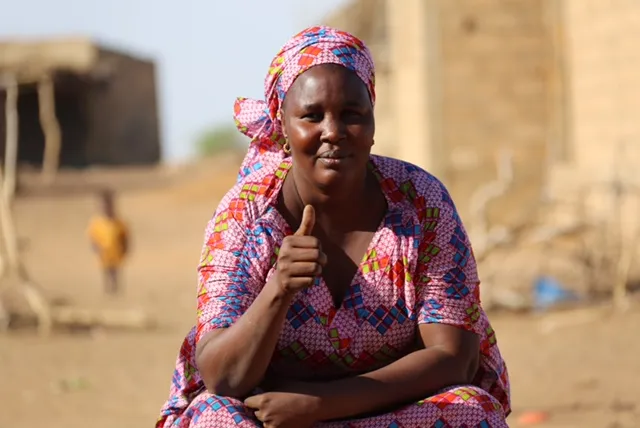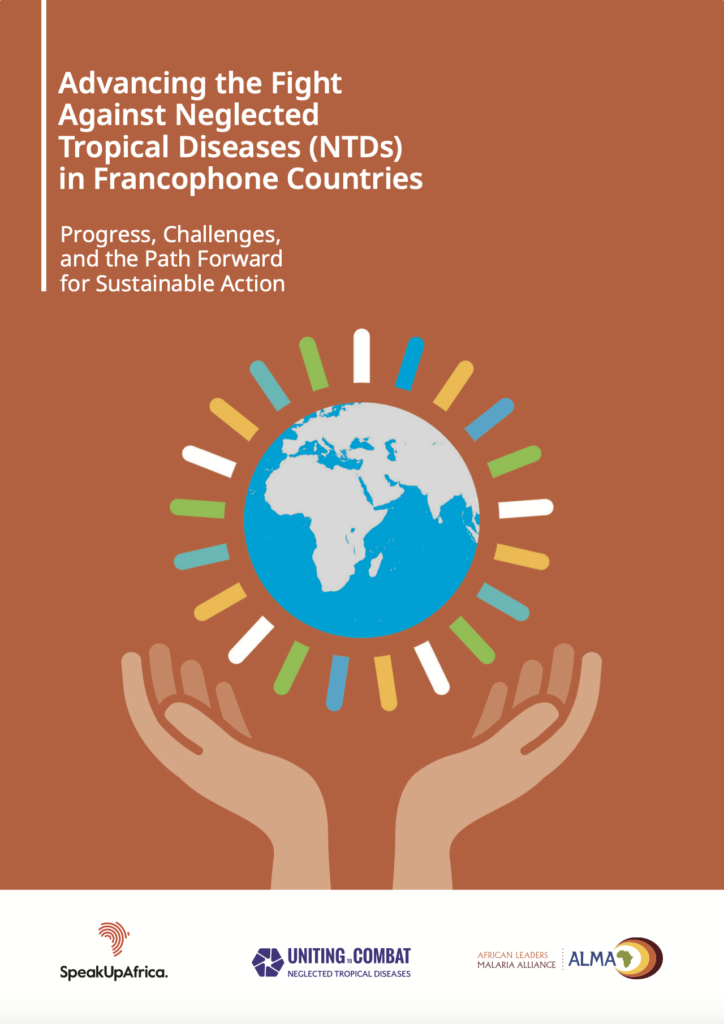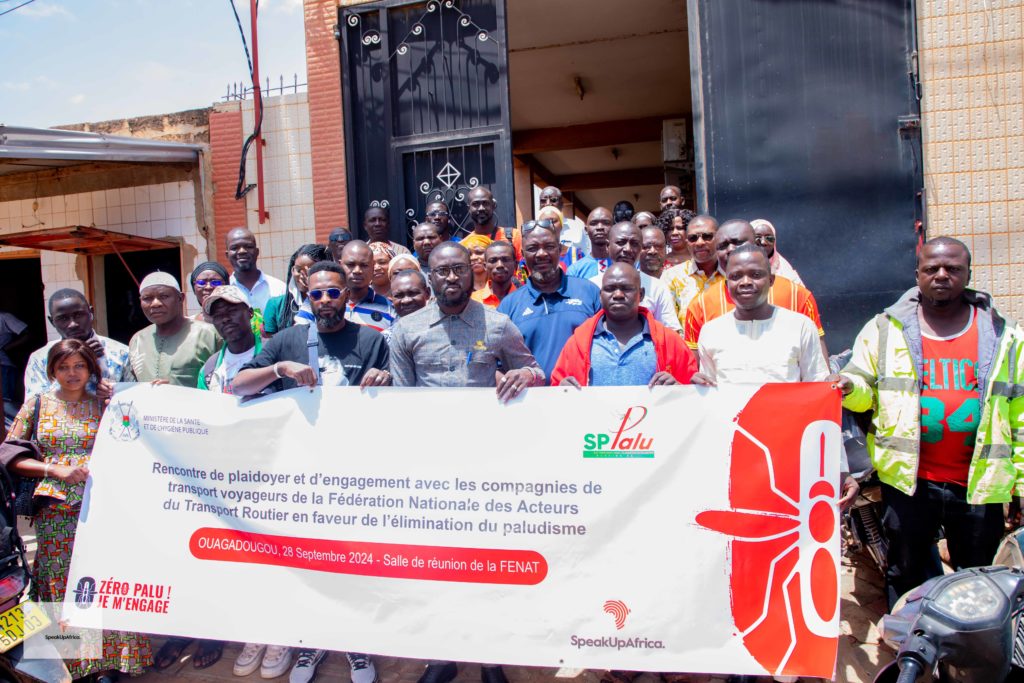African Union Statement on the Occasion of the World Malaria Day

Eighteen years after the historic Abuja Declaration on Roll Back Malaria was signed by Heads of State and Government on 25 April 2000, African countries continue to bear the heaviest brunt of the Malaria epidemic with 90% of the disease burden on the continent. Recognising that Malaria is a huge public health threat African leaders declared 25 April as Malaria Day to ensure that the disease remains high at the policy and political agenda of the continent. Today as we join the community of nations to commemorate the World Malaria Day under the themeReady to Beat Malaria we are cognizant of the fact that ending Malaria is a collective responsibility that requires every individual in our communities to take concerted action and more broadly we need sustained partnerships.
Without renewed and urgent action, the major gains in the fight against malaria are under threat of being reversed. The African Union calls for greater investment and expanded coverage of proven tools that prevent, diagnose and treat malaria.
While there has been remarkable progress in responding to Malaria over the years the 2017 World malaria report highlights that progress has stalled globally. The current pace is insufficient to achieve the bold and ambitious target to reduce malaria mortality rates to zero in all countries to at least 40% by 2020 as laid out in the Catalytic Framework to end AIDS, TB and Eliminate Malaria in Africa by 2030. African Union Member States should thus accelerate efforts towards universal access to malaria prevention, diagnosis and treatment, transform malaria surveillance into a core intervention, harness innovation and expand research, strengthen the enabling environment and accelerate efforts towards elimination and malaria free status.
We cannot achieve the ambitious aspirations for socio-economic development, inclusive economic growth and Africa’s structural transformation Agenda by 2063 if we do not address the health agenda boldly. While we have many competing development priorities on the continent, African countries’ huge economic boom provides an opportunity for improved service delivery in the areas of health as well as education, power, water, sanitation and hygiene promotion.
African nations must renew their commitment and strengthen instruments to attain a malaria-free Africa by 2030 in line with the Catalytic Framework to end AIDS, TB and Eliminate Malaria in Africa by 2030 adopted by Heads of State and Government in at the July 2016 Summit.
Malaria alone is estimated to rob the continent of US$12 billion per year in lost productivity, investment and associated health care costs. It is therefore critical that we sustain the political commitment, as articulated in our continental Agenda 2063, to eliminate malaria in Africa by 2030 through increased domestic financing, increased access to life-saving malaria interventions, as well as more robust health systems. Malaria, a treatable and preventable disease, already costs the African continent’s economy US$ 12 billion per year in direct losses, and 1.3% of lost annual GDP growth.,
This July the African Union Heads of State and Government and the Roll Back Malaria Partnership will jointly launch the “Zero Malaria Starts with Me” a continent-wide public-facing campaign for a malaria-free Africa. The campaign will provide high-level engagement with government, private sector and civil society leaders: as part of the pan-African “Zero Malaria Starts with Me” campaign, leaders will be invited to publicly pledge their support to and make concrete commitments towards malaria elimination. It will advocate for an increase in external and domestic funding for malaria elimination, increase awareness and ownership at the community level and provide mission-critical support to malaria endemic countries.
The Africa CDC established in 2017 has seen increased support to all African countries to improve surveillance, emergency response, and prevention of infectious diseases. This includes addressing outbreaks, man-made and natural disasters, and public health events of regional and international concern. This new public health order in Africa will improve our response to malaria.
Her Excellency Mrs. Amira El Fadil
Commissioner for Social Affairs
African Union Commission


